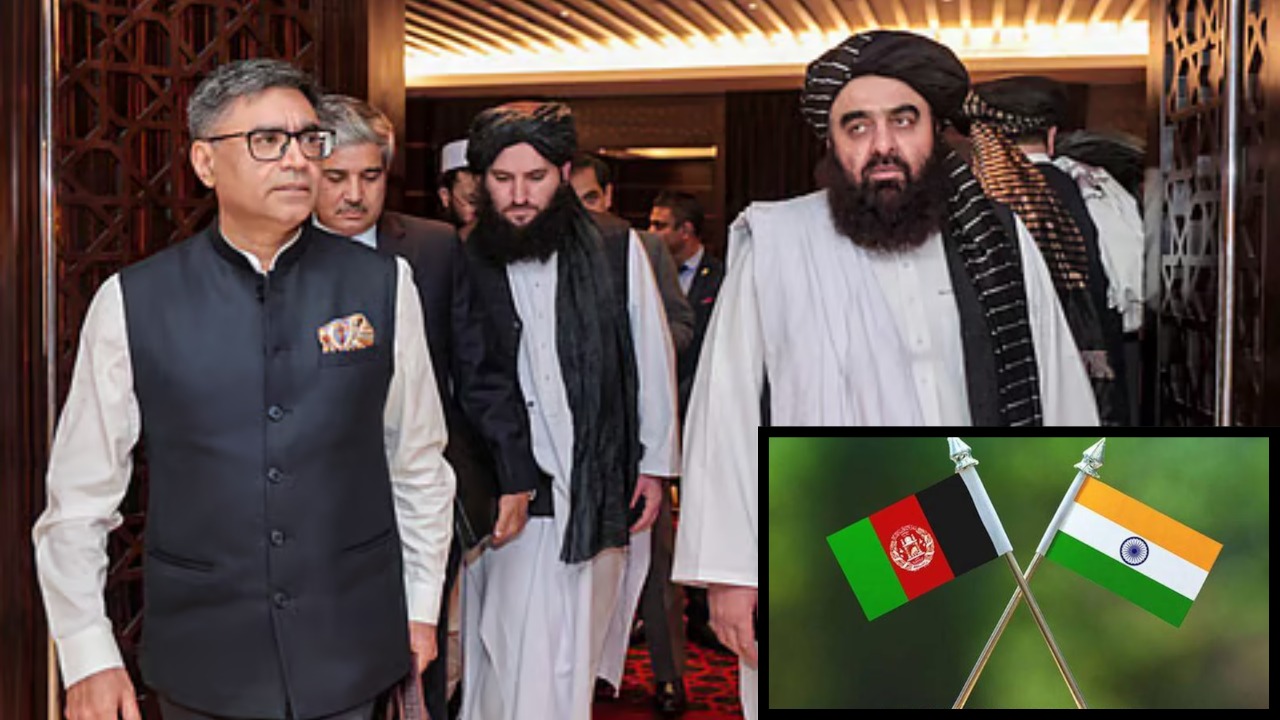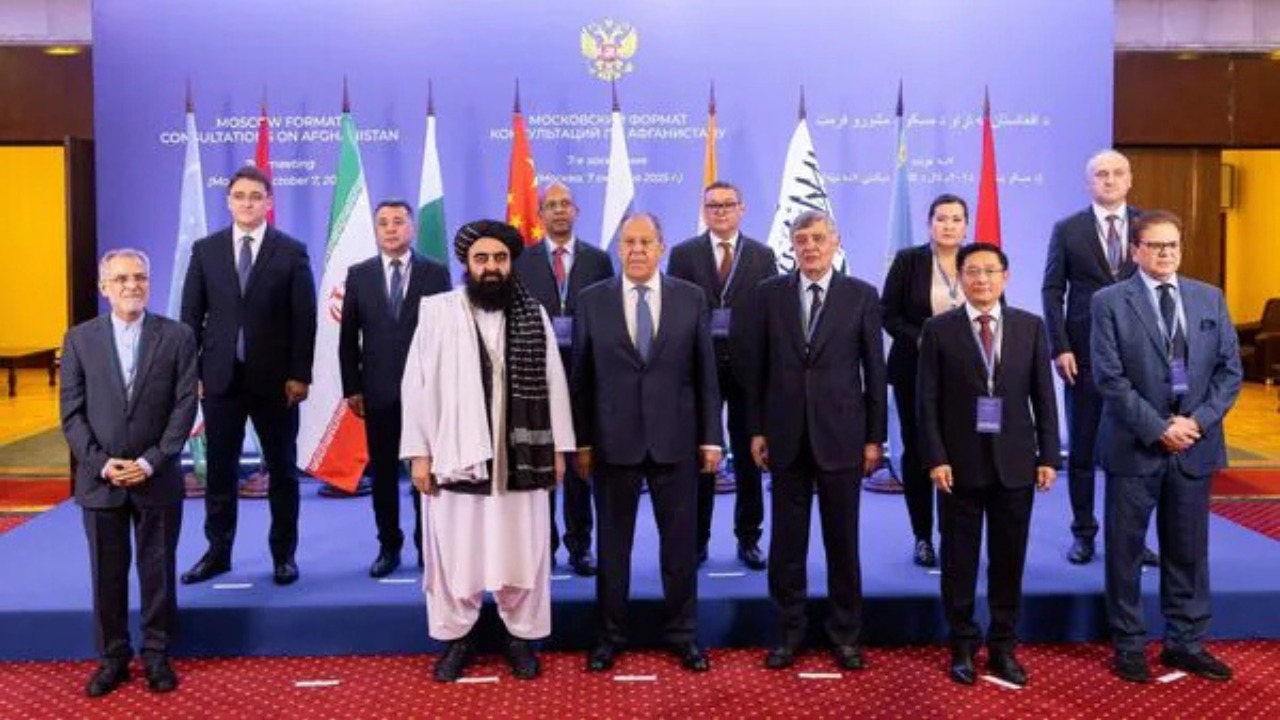 English
English

As EAM Dr S Jaishankar announces the upgrade of India’s Technical Mission in Kabul to a full-fledged Embassy, can this diplomatic revival overcome the strains that led to the Afghan Embassy’s closure in New Delhi earlier?

India revives diplomatic ties with Afghanistan.
New Delhi: In a major foreign policy move, External Affairs Minister (EAM) Dr. S. Jaishankar declared the upgradation of India’s Technical Mission in Kabul to the status of the Embassy of India during his meeting with Afghanistan’s Foreign Minister Mawlawi Amir Khan Muttaqi in New Delhi.
Dr Jaishankar emphasized that India remains fully committed to Afghanistan’s sovereignty, independence, and territorial integrity, adding that deeper cooperation will strengthen regional stability and mutual development. The announcement marks a turning point in India-Afghanistan relations, which had been limited since the Taliban takeover in 2021.
Most Wanted ISIS-K Commander Haji Musa Killed In Afghan Taliban Operation
Both leaders reiterated their resolve to combat terrorism in all its forms and manifestations. Dr. Jaishankar stressed that India and Afghanistan share a vision of peace, prosperity, and security, but that these goals remain threatened by cross-border terrorism.
“We must coordinate efforts to combat terrorism in all its forms,” said Jaishankar, while appreciating Afghanistan’s solidarity after the Pahalgam terror attack. He added that this gesture demonstrated Kabul’s understanding of India’s security concerns and commitment to countering regional threats together.
The meeting also focused on economic engagement and mining cooperation. Dr. Jaishankar welcomed Afghanistan’s invitation to Indian companies to explore mining opportunities, calling it “deeply appreciated.” He underlined that such initiatives could boost trade, investment, and connectivity between the two countries.

India and Afghanistan share a vision of peace, prosperity, and security.
The EAM further noted the commencement of additional flights between Kabul and New Delhi, describing it as a positive step toward enhancing people-to-people and commercial exchanges.
India reaffirmed its humanitarian role, with Dr. Jaishankar recalling New Delhi’s swift relief response following the Kunar and Nangarhar earthquakes. “As a first responder, Indian relief materials were delivered to the affected areas within hours,” he stated, adding that India is prepared to help reconstruct damaged residences.
The EAM highlighted that India’s aid in food, medicine, and vaccines symbolizes its enduring friendship with the Afghan people and its commitment to regional resilience.
Before this revival, Afghanistan’s Embassy in New Delhi had suspended operations due to a series of challenges. The closure was attributed to:
Lack of Diplomatic Support from India: The embassy cited the “absence of crucial backing” from the Indian government that limited its functioning.
No Recognized Government in Kabul: After the Taliban takeover in 2021, the absence of a legitimate government made it difficult for the mission to represent Afghanistan officially.
Taliban Foreign Minister Amir Khan Muttaqi meets top Indian official in Kabul
Staff Shortages and Resource Constraints: Reduced personnel and funding further hindered operations.
Visa and Operational Issues: Delays in visa renewals and other bureaucratic obstacles affected day-to-day functioning.
Failure to Serve Afghan Citizens’ Interests: The embassy admitted it was unable to meet expectations in assisting Afghans living in India.
These setbacks had effectively led to a diplomatic vacuum between the two nations — a gap the new announcement now seeks to bridge.
Beta feature
No related posts found.